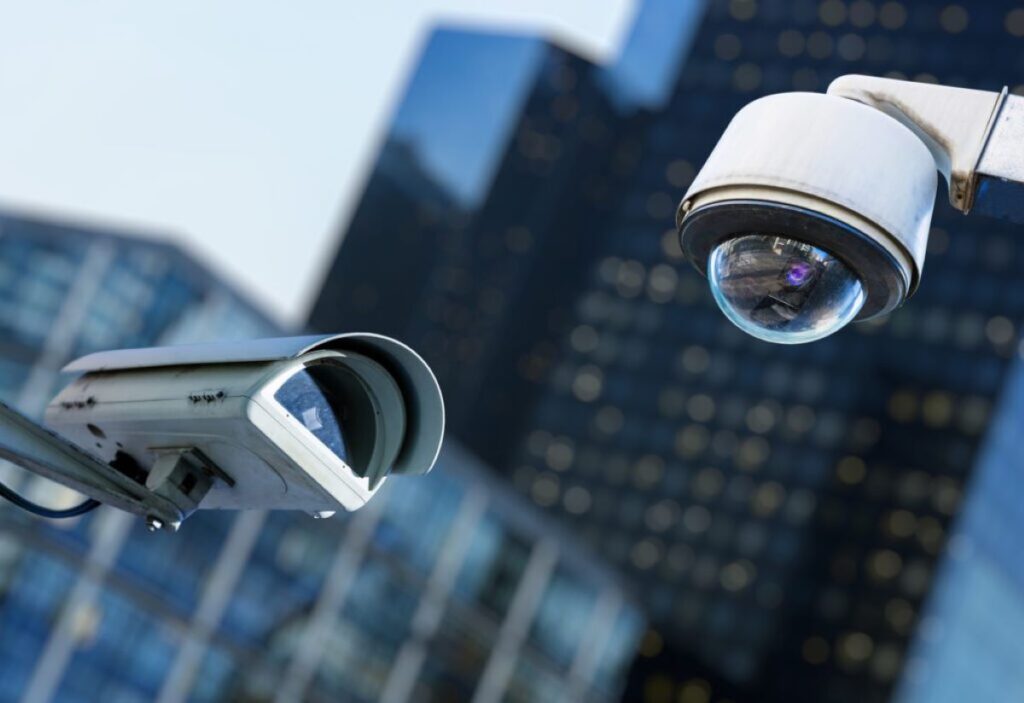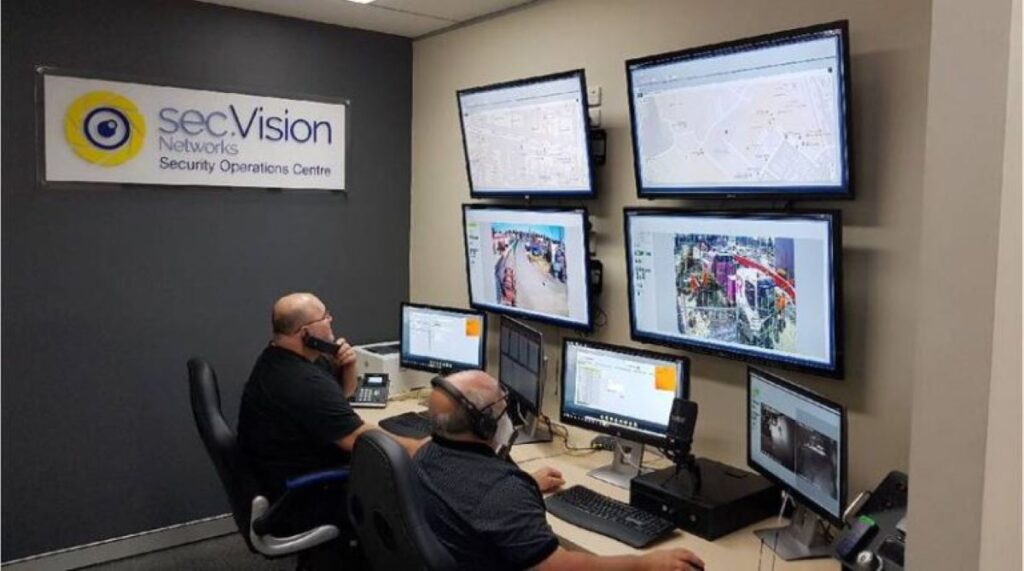In an increasingly uncertain world, the importance of security measures cannot be overstated. Security alarms play a crucial role in protecting homes and businesses from potential threats. However, the effectiveness of these systems is significantly influenced by the speed of the response to alarms. This article delves into the reasons why fast reaction times are vital in security alarm response and the implications for safety and security.
The Importance of Security Alarm Systems
commercial security alarm systems serve as the first line of defence against intrusions, theft, and vandalism. They are designed to detect unauthorised access and alert the appropriate authorities or property owners. The mere presence of an alarm system can deter potential criminals, but the real value lies in how quickly the response is initiated when an alarm is triggered.
Deterrence and Prevention
One of the primary functions of a security alarm is to deter criminal activity. Studies have shown that properties equipped with visible security measures are less likely to be targeted by burglars. Fast response times enhance this deterrent effect. When criminals know that an alarm will trigger a swift reaction, they are less likely to attempt a break-in.
Minimising Damage and Loss
In the unfortunate event that an alarm is triggered, a rapid response can significantly minimise potential damage and loss. The quicker the authorities arrive on the scene, the higher the chances of apprehending the intruder and recovering stolen property. This is particularly crucial for businesses, where downtime and loss of inventory can have severe financial implications.
Moreover, the integration of modern technology into security alarm systems has revolutionised their effectiveness. Many systems now feature smart technology that allows homeowners and business owners to monitor their properties remotely via smartphones or tablets. This capability not only provides peace of mind but also enables users to respond to alerts in real-time, potentially preventing further criminal activity. Additionally, advancements such as motion sensors, video surveillance, and even facial recognition software enhance the overall security landscape, making it increasingly difficult for intruders to evade capture.
Furthermore, the psychological impact of a security alarm system cannot be understated. Knowing that a property is equipped with a robust security system can significantly reduce anxiety for residents and business owners alike. This sense of security fosters a more comfortable living and working environment, allowing individuals to focus on their daily activities without the constant worry of potential threats. In communities where crime rates are rising, the installation of security alarm systems can also foster a collective sense of safety, encouraging more residents to invest in their own security measures and contribute to a more secure neighbourhood overall.
Factors Influencing Response Times
Several factors can affect the speed of response to security alarms. Understanding these factors can help property owners make informed decisions regarding their security systems and response strategies.
Alarm Monitoring Services
Alarm monitoring services play a pivotal role in ensuring quick response times. These services monitor alarm systems 24/7, allowing for immediate action when an alarm is triggered. The efficiency of these services can vary, so choosing a reputable provider with a proven track record is essential. Some companies offer faster response times than others, which can make a significant difference in critical situations.
Geographical Location
The geographical location of a property can also influence response times. Urban areas typically benefit from quicker response times due to the proximity of law enforcement and emergency services. In contrast, rural areas may experience delays due to longer travel distances. This disparity highlights the importance of considering location when evaluating security needs.
Type of Alarm System
The type of alarm system installed can impact how quickly a response is initiated. Systems that are integrated with smart technology can provide real-time alerts to both property owners and monitoring services. These advanced systems often include features such as video surveillance, which can help responders assess the situation before arriving on-site.

The Role of Technology in Enhancing Response Times
Advancements in technology have revolutionised the security industry, leading to improved response times and overall effectiveness of alarm systems. The integration of smart technology into security systems has made it easier for property owners to monitor their premises and respond to potential threats promptly.
Smart Security Systems
Smart security systems allow users to receive notifications on their smartphones or other devices when an alarm is triggered. This immediate access to information enables property owners to assess the situation and decide whether to contact authorities directly. In many cases, these systems can even provide live video feeds, giving users a clearer understanding of the threat level.
Real-Time Communication
Effective communication is crucial in emergency situations. Modern alarm systems often include features that facilitate real-time communication between property owners, monitoring services, and emergency responders. This seamless flow of information can significantly reduce response times, as responders can arrive better prepared and informed about the situation at hand.
The Consequences of Delayed Response Times
Understanding the potential consequences of delayed response times is essential for appreciating the importance of fast reactions in security alarm response. The impact of slow responses can be far-reaching, affecting not only property owners but also the wider community.
Increased Risk of Crime
When response times are slow, the likelihood of successful criminal activity increases. Delayed responses can embolden criminals, leading to a rise in break-ins and other offences in the area. This can create a cycle of insecurity, where residents and business owners feel increasingly vulnerable.
Emotional and Psychological Impact
The emotional toll of a security breach can be profound. Victims of burglary or vandalism often experience feelings of violation, anxiety, and fear. A swift response can help alleviate some of these feelings by providing reassurance that help is on the way. Conversely, a delayed response can exacerbate these emotions, leaving victims feeling helpless and unsafe in their own homes.
Best Practices for Ensuring Fast Response Times
To maximise the effectiveness of security alarm systems, property owners should implement best practices that promote fast response times. These practices can help ensure that alarms are not only installed but also functioning optimally.
Regular Maintenance and Testing
Regular maintenance and testing of alarm systems are crucial for ensuring their reliability. Property owners should schedule routine checks to verify that all components are functioning correctly. This includes testing sensors, alarms, and communication systems. A well-maintained system is less likely to malfunction, leading to quicker response times when an alarm is triggered.
Clear Emergency Protocols
Establishing clear emergency protocols can streamline the response process. Property owners should have a plan in place detailing how to respond when an alarm is triggered, including who to contact and what steps to take. Sharing this plan with family members or employees ensures that everyone knows their role in the event of an emergency.
Choosing the Right Security Partner
Selecting a reputable security partner is essential for ensuring fast response times. Property owners should research potential alarm monitoring services, looking for those with a proven track record of quick and effective responses. Reading reviews and seeking recommendations can provide valuable insights into the reliability of different providers.
See Also : Choosing the Right Access Control System for Your Sydney Business
The Future of Security Alarm Response
As technology continues to evolve, the future of security alarm response looks promising. Innovations in artificial intelligence, machine learning, and IoT (Internet of Things) are set to enhance the capabilities of alarm systems and improve response times further.
AI and Predictive Analytics
Artificial intelligence and predictive analytics are expected to play a significant role in the future of security. These technologies can analyse patterns and behaviours to predict potential threats before they occur. By integrating AI into alarm systems, property owners can receive alerts about suspicious activity even before an alarm is triggered, allowing for pre-emptive action.
Enhanced Integration with Emergency Services
Future advancements may also lead to improved integration between alarm systems and emergency services. This could enable automatic alerts to be sent to law enforcement or fire departments when an alarm is triggered, further reducing response times. Such integration would ensure that responders are dispatched immediately, without relying on human intervention.

Conclusion
In conclusion, the speed of response to security alarms is a critical factor in ensuring the safety and security of properties. Fast reaction times can deter criminal activity, minimise damage, and provide peace of mind to property owners. By understanding the factors that influence response times and implementing best practices, individuals and businesses can significantly enhance their security measures. As technology continues to advance, the future of security alarm response holds great promise, paving the way for even faster and more effective protection.


